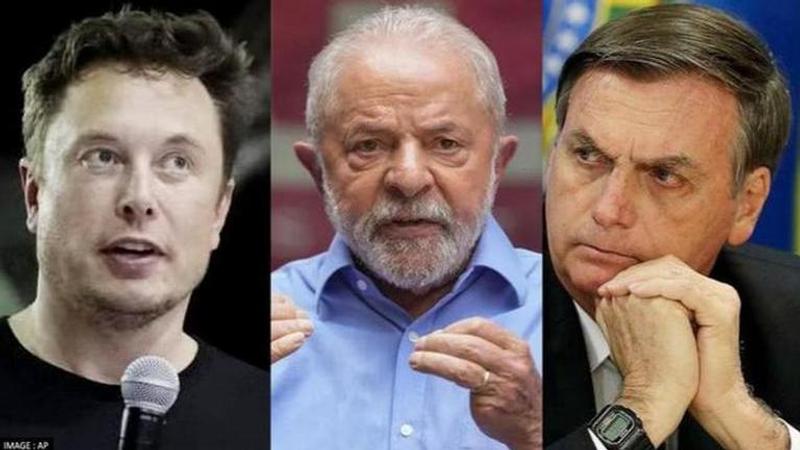Published 17:53 IST, December 4th 2022
Did Twitter influence Brazil's elections? Elon Musk says so
Elon Musk responded by writing that Twitter might have interfered in Brazil elections. Brazil has a long history of electoral controversy.

After Elon Musk released the Twitter files, revealing that Twitter interfered in the US elections, many Twitter users started asking Musk to look into the Brazilian elections.
"Hey @elonmusk, Can you find out what other elections were “handled” by the former Twitter regime? Thank you, The rest of the world," wrote one user. Elon Musk responded by writing that Twitter might have interfered in Brazil's elections. Lula de Silva won Brazil's presidential elections by a tiny margin, against the incumbent Jair Bolsonoro. Lula won 50.9 per cent of the votes and Bolsonaro won 49.1 per cent.
"I’ve seen a lot of concerning tweets about the recent Brazil election. If those tweets are accurate, it’s possible that Twitter personnel gave preference to left wing candidates," wrote Musk.
Lula de Silva is a left-wing politician and according to a report from BBC news, he was convicted of corruption in the notorious Operation Car Wash. He governed Brazil between 2003 and 2010. Electoral controversies have been a common occurrence in Brazil's elections, with disputes and irregularities often leading to challenges and legal battles over the outcome of the vote. In recent years, Brazil has implemented a number of electoral reforms in an effort to improve the transparency and integrity of the electoral process, but these efforts have not been able to completely eliminate the controversy and disputes that have marred many of the country's elections.
Past controversies in Brazilian elections
One of the most significant electoral controversies in Brazil's history occurred during the 1988 presidential election, which was won by the candidate Fernando Collor de Mello. The election was marked by widespread allegations of voter fraud and corruption, and Collor's opponent, Luis Inacio Lula da Silva, challenged the results in court. After a lengthy legal battle, the Brazilian Supreme Court ruled in favour of Collor, but the controversy surrounding the election damaged his credibility and led to widespread public protests and calls for his resignation.
In the years since the 1988 election, there have been numerous other electoral controversies in Brazil, with disputes and irregularities often leading to legal challenges and delays in the announcement of the final results. In 1994, for example, the presidential election was initially won by Fernando Henrique Cardoso, but his opponent, Luiz Inacio Lula da Silva, challenged the results in court. The election was eventually upheld, but the controversy and legal challenges delayed the announcement of the final results for several months. Brazil has been an extremely unstable polity, ever since Brazil's last emperor Dom Pedro II was forced into exile after the military coup of 1889.
Updated 19:43 IST, December 4th 2022




